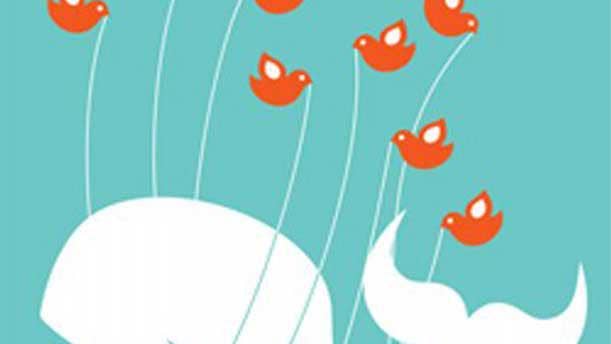5 Companies That Had A Rough Week

The Week Ending Jan. 18
Topping this week's roundup of those having a rough week is Apple, which has reportedly cut iPhone prices in China to spur slumping sales.
Also making the list this week are IBM for discontinuing its Watson Workspace service; Qualcomm for losing a round in its global patent litigation against Apple; Twitter for a bug that revealed supposedly private tweets; and Oracle CEO Mark Hurd for having to phone (OK, videoconference) it in to Oracle OpenWorld Europe because of a passport snafu.
Not everyone in the IT industry was having a rough go of it this week. For a rundown of companies that made smart decisions, executed savvy strategic moves—or just had good luck—check out this week's 5 Companies That Came To Win roundup.

Apple's 'Pricing Hubris' Forces iPhone Price Cuts In China
Apple's dramatic shortfall in iPhone sales at the end of 2018 has reportedly forced the company to cut iPhone XR prices in China. Reports say Apple has had to cut iPhone XR pricing for channel partners by $100.
The reported price cuts are likely the fallout from Apple's slashed revenue guidance for the fourth quarter of 2018, a shortfall that CEO Tim Cook blamed on slower iPhone sales in China.
Although Cook suggested that economic conditions and U.S.-China trade uncertainty were to blame, some observers think Apple's pricing strategy played a role. In a note to investors this week Daniel Ives, managing director for equity research at Wedbush Securities, said it was "Apple's pricing hubris on iPhone XR that was the major factor in the company's December earnings debacle."

IBM To Pull The Plug On Watson Workspace
IBM is discontinuing Watson Workspace, its collaborative AI software, after the product apparently failed to gain any market traction.
Watson Workspace, which launched in late 2016, will be discontinued Feb. 28, according to an internal memo obtained by The Register.
As envisioned, Watson Workspace provided a collaborative platform where people could work on projects and exchange ideas—sort of a Slack system with added cognitive capabilities. But customer demand for the service never met expectations, according to the memo.

German Court Throws Out Qualcomm's Patent Suit Against Apple
Qualcomm's global patent battle against Apple took a hit this week when a German court threw out a new patent lawsuit Qualcomm had filed against Apple.
A regional court in Mannheim dismissed the Qualcomm lawsuit as groundless in an initial verbal decision, saying Apple did not violate the patent in question by installing Qualcomm's chips within Apple iPhones, according to a Reuters story.
Last month Qualcomm won a separate patent infringement case before a court in Munich that could lead to a ban on the sale of some older iPhone models in Germany. Also in December, a court in China found that Apple violated two Qualcomm patents and ordered a sales ban on certain iPhone models in that country, although Apple said new software provided a way around that ruling.

Twitter Bug Exposes Some Android Users' 'Protected' Tweets – For Years
Social Media giant Twitter disclosed this week that a security flaw in Twitter for Android may have revealed "protected" or private tweets going as far back as November 2014.
On Thursday Twitter, in a Help Center statement, said that even if Android users had the "Protect your Tweets" setting on, the bug may have disabled the setting if certain changes were made to an account, such as changing the email address associated with the account. That allowed the supposedly private tweets to be seen by everyone.
Twitter said the problem, which goes back to Nov. 3, 2014, was fixed Jan. 14 (Monday). The company said it has notified the users whom it knows were affected by the flaw and turned Protect your Tweets back on for them. It has also provided "broader notice" of the issue through the Twitter Help Center.
Twitter doesn't know how many users were impacted by the problem, according to a story on The Verge website.
"We recognize and appreciate the trust you place in us and are committed to earning that trust every day," the company said. "We’re very sorry this happened and we’re conducting a full review to help prevent this from happening again."

Oracle CEO Misses OpenWorld Europe Due To Passport Snafu, Government Shutdown
It was a rough week for Oracle CEO Mark Hurd, who was scheduled to address attendees at the Oracle Openworld Europe conference in London this week, but ended up attending the event "virtually" because he didn't have a passport.
Hurd had been traveling around the U.S. before heading to London and had neglected to bring his passport, the CEO told attendees in a live-streamed speech on Wednesday, according to a story on The Register website.
Hurd explained that he might have been able to stop in a U.S. government office during his travels and pick up a new passport, according to The Register story. But with the partial government shutdown, those offices are closed and getting to London just wasn't possible.
So Hurd delivered his address to the attendees in a 3:00 a.m. PT live-streamed broadcast Wednesday.